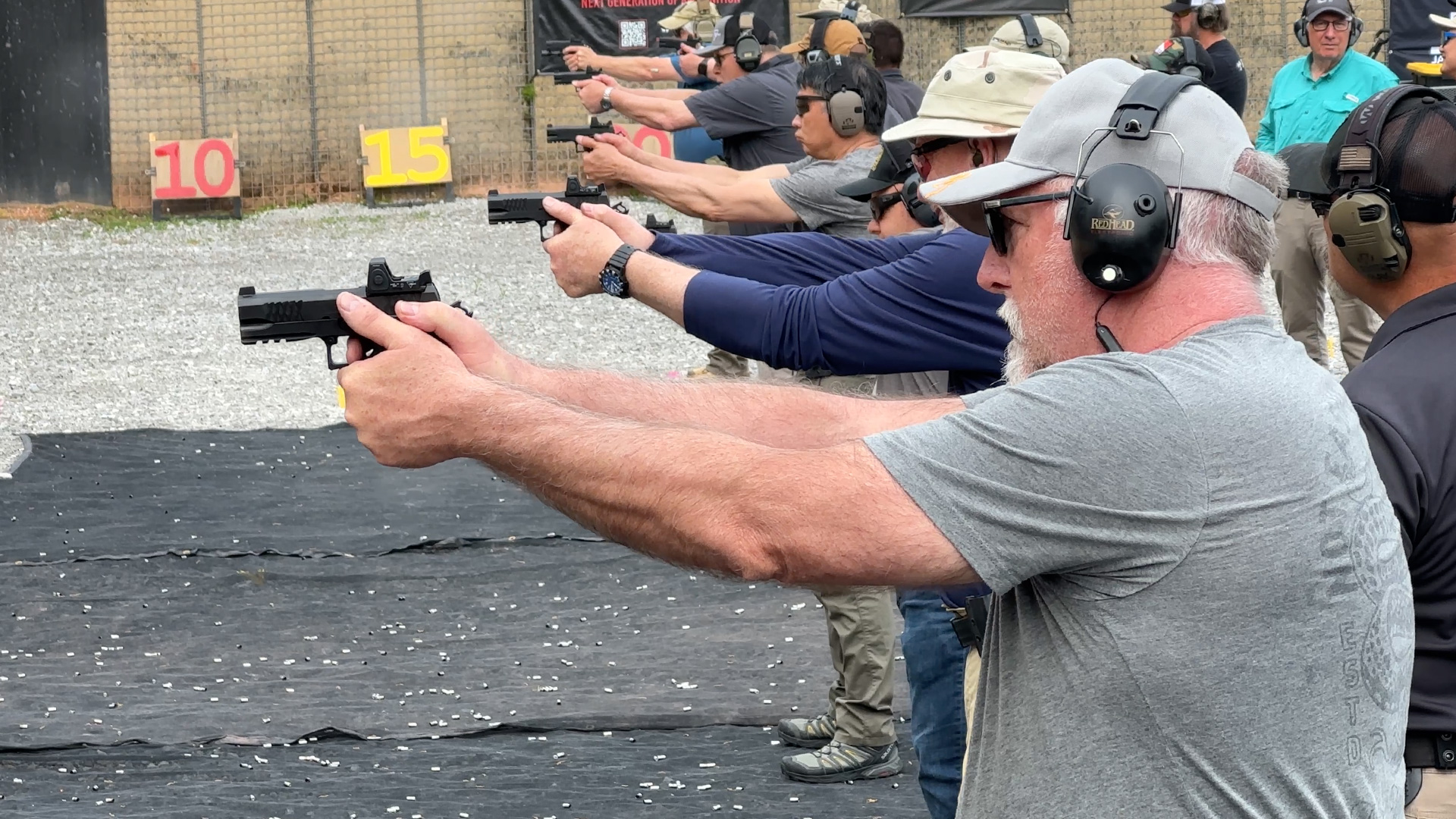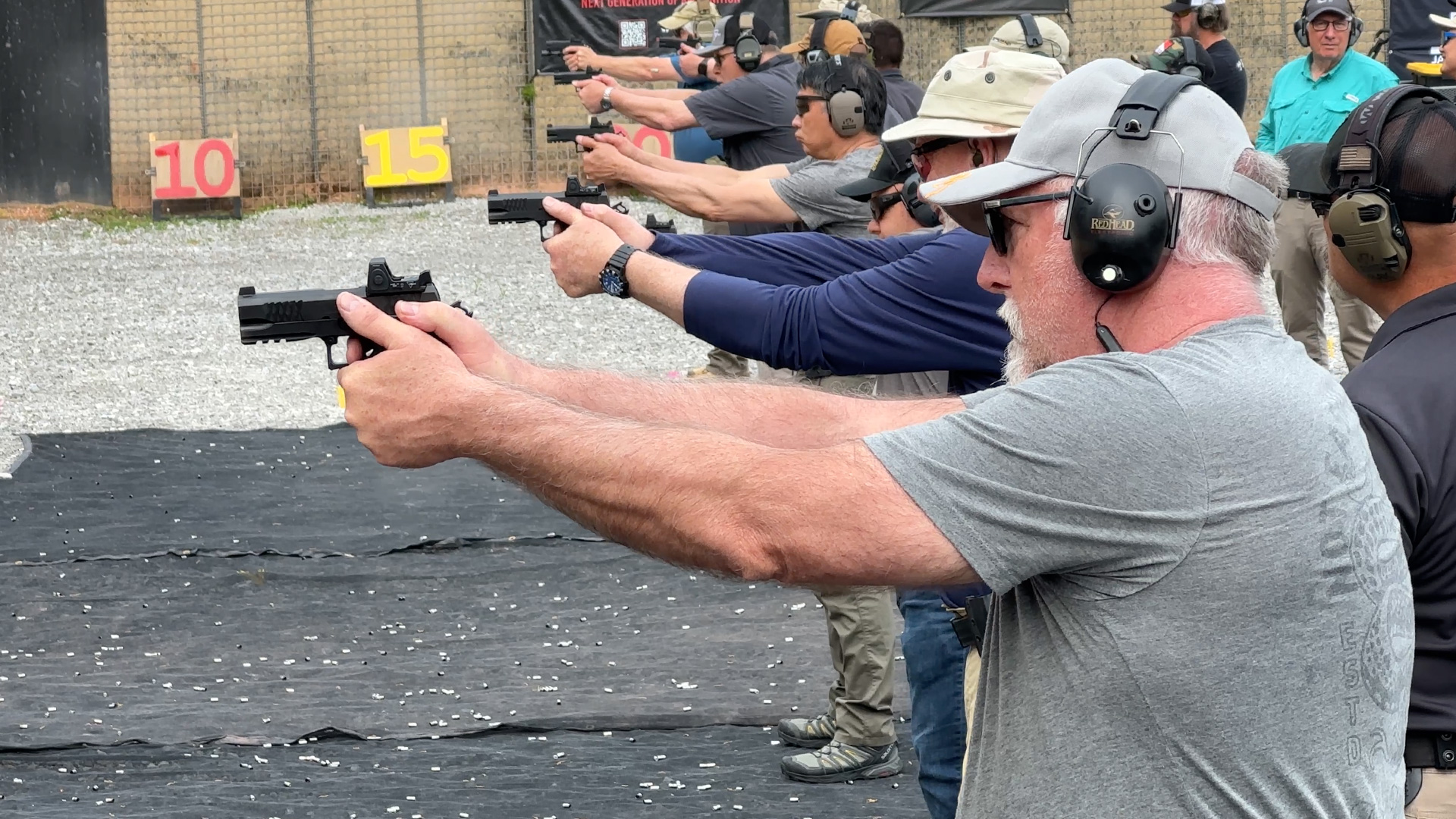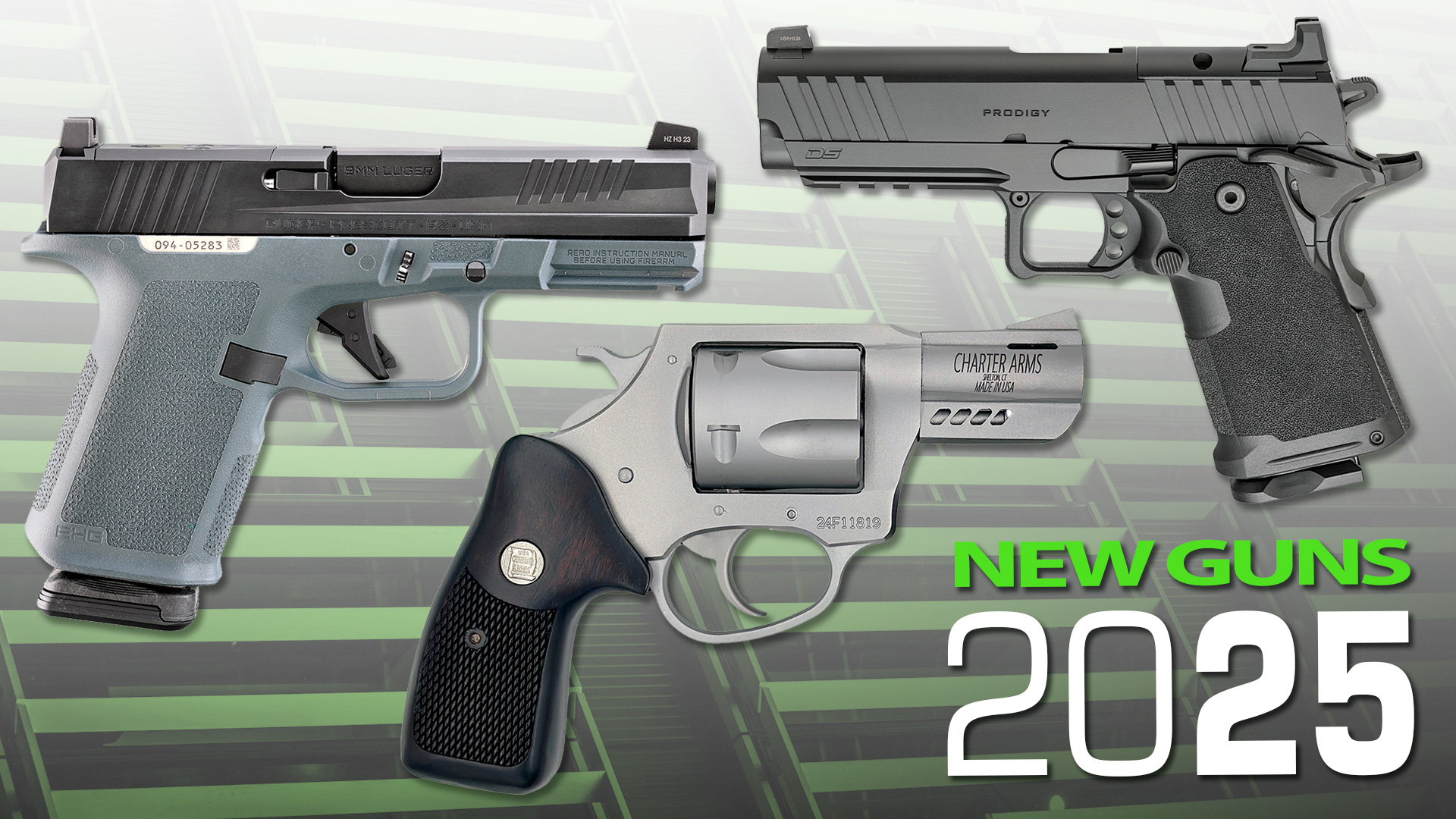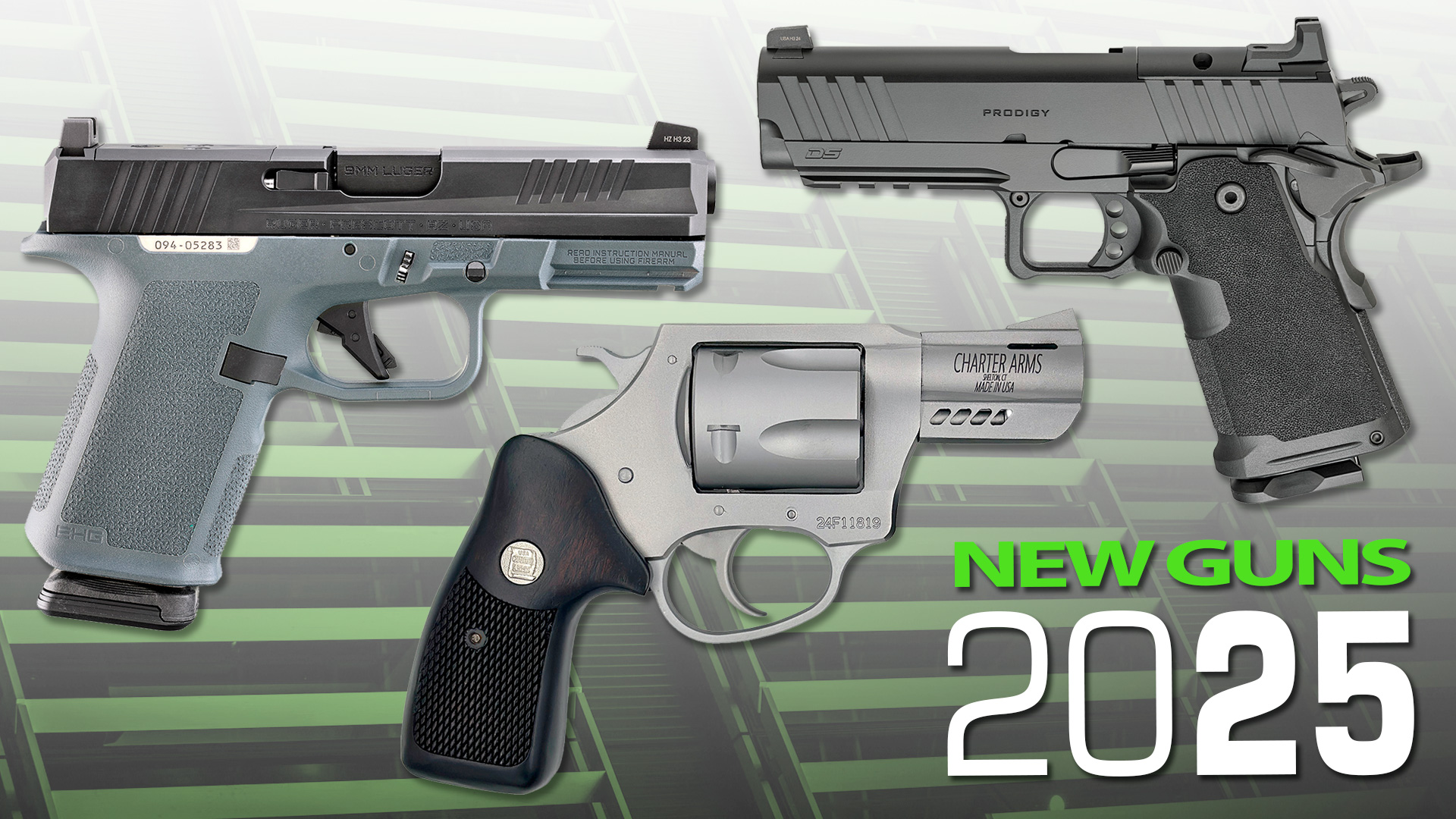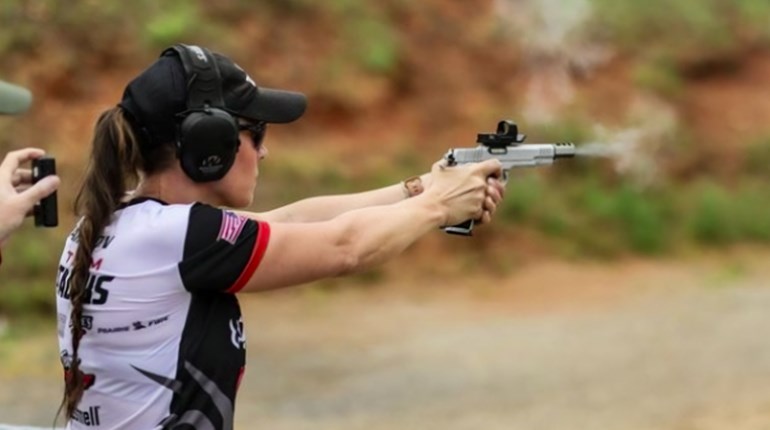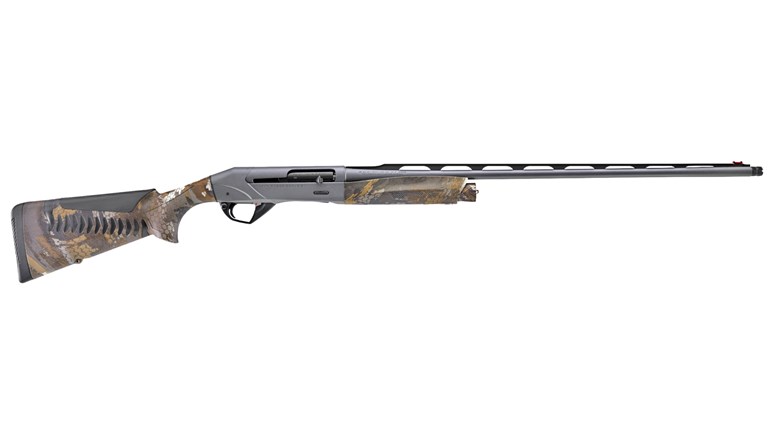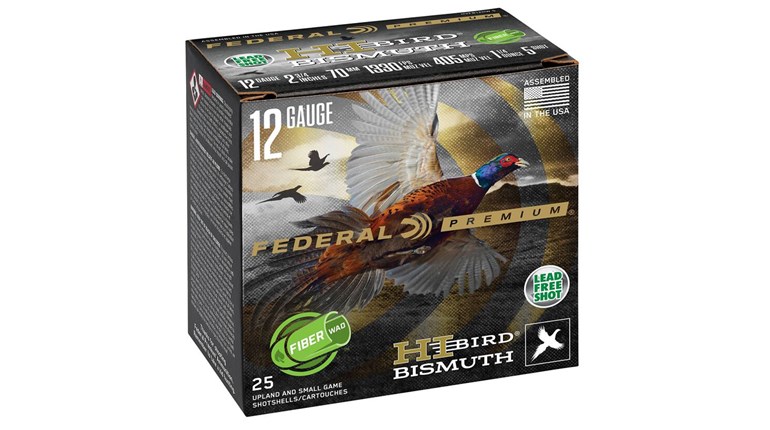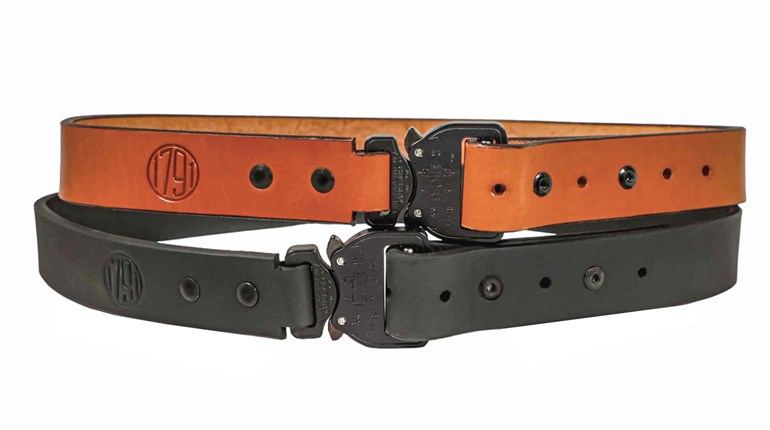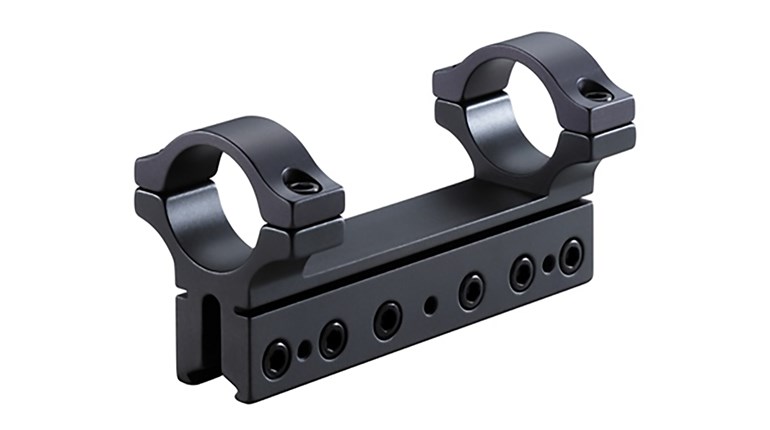
Two years ago when I first learned about the Taurus Judge, with its ability to fire .410 shotshells as well as .45 Colt cartridges, I immediately recognized its usefulness as a trail gun. Here was a revolver that took shotshell performance in handguns to another level. Charged with 1⁄2-ounce .410 loads, during testing the Judge threw patterns out to 10 yards that would easily bag small game for the pot, not to mention take care of poisonous snakes and other vermin at ranges beyond the reach of traditional handgun shotshells.
But it turns out the Judge may be even better suited to the mean streets than it is to the rough trail. Particularly when firing .410 shotshells loaded with 000 buckshot, the Judge packs a decisive wallop at close-quarters distances to end trouble. Although 000 buckshot would seem to make the most sense for personal protection, the close-range ballistics of .410 loads containing smaller shot sizes, such as No. 4 and No. 6, obtained with the Judge also deserve attention. And, of course, there is the option of firing 225- or 250-grain .45 Colt loads.
With self-defense the primary objective, Taurus has bolstered its Judge lineup to include four new variations of this versatile revolver. A magnum version has a longer cylinder to accommodate 3-inch shotshells. The Ultra-Lite Judge utilizes an aluminum-alloy frame, as opposed to steel, to reduce weight. A "tactical" configuration has a ported barrel and a short section of Picatinny rail for attaching accessories. Finally, the Judge Public Defender is built on a smaller frame with a shorter barrel and a bobbed hammer for easier concealment.
To understand the way in which Taurus developed this unique series and how the new models fit into the order of things, first consider the line's introductory offerings. The Judge started out as an all-steel, double-action revolver based on the frame Taurus uses for its Tracker family of wheelguns. Obviously, Taurus had to modify this frame to make room for the elongated, five-round cylinder designed to hold .45 Colt cartridges and 21⁄2-inch .410 shotshells interchangeably. Stretching it about an inch did the trick.
The initial Judge revolvers, which have come to comprise the standard models in the line, are available with a 3- or 6-inch barrel. Contrived for dual use, the rifling is a sort of compromise. It stabilizes conventional bullets used in .45 Colt loads, but the six shallow grooves and 1:12-inch twist permit a .410 shot cup and payload to pass through without spreading patterns to the point where they are worthless. The rifling is also necessary to keep the Judge from being classified as a short-barreled shotgun under the National Firearms Act.
Other than its long frame and cylinder, the Judge follows the form of a traditional double-action revolver. Pushing forward on the oval-shaped latch mounted to the left side of the frame frees the cylinder to swing out to the left. A barrel underlug houses the ejector rod, and a star-shaped extractor lifts cartridges from the charge holes. Note that the ejector rod does not travel far enough to the rear to fully extract .410 shotshells. While it will dump .45 Colt cases into your hand, clearing the cylinder of empty hulls requires plucking them from the charge holes.
The Judge's sights are minimal and designed for close-range work. They consist of a trough that starts as a square notch and runs along the top of the frame, coupled with a red fiber-optic rod contained in a metal housing that is dovetailed into the barrel rib. Like the Tracker revolvers, the Judge wears a one-piece, round-butt grip of soft, black rubber.
Taurus calls it the Ribber Grip, named after the small, horizontal ribs that encircle its circumference. Another feature common across the line is a transfer-bar safety, and all Judge revolvers also have the Taurus Security System built into the hammer. Turning the small button with the provided key locks the hammer in the down position and renders the gun inoperable.
With standard Judge models, especially the 3-inch-barreled guns, riding a surge of popularity, Taurus began to tailor the basic revolver to meet specific self-defense needs. One of the first modifications the company undertook was making the Judge lighter for more comfortable carry.
The Ultra-Lite Judge keeps the dimensions of the 3-inch-barreled standard gun, but instead of steel, it uses aluminum alloy for its frame. The result is a weight reduction of more than 10 ounces, as exemplified by the two test guns I compared. Recoil and muzzle flip, of course, are certainly more noticeable with the Ultra-Lite Judge, but the gun isn't uncontrollable. If you consider the all-steel Judge's weight of 35 ounces to be a bit heavy for extended carry, the Ultra-Lite model could be an attractive option.
Those concerned with stopping power will want to take a look at the magnum version of the Judge, equipped with a cylinder that can handle 3-inch .410 shotshells. As you would expect, the extra 1⁄2 inch of cylinder necessary to accommodate the longer shotshell adds another 1⁄2 inch to the Judge's frame and overall length. When I compared the weight of the standard Judge to the magnum Judge, however, I was surprised to find less than a 2-ounce difference between them.
Winchester's 3-inch Super-X load contains five pellets of 000 buckshot. That's two more than a standard 21⁄2-inch load holds, or about 140 additional grains of lead for a substantial increase in energy. That extra 1⁄2 inch also means a gain of up to 1⁄4 ounce of birdshot. For only two more ounces of weight and a slightly longer gun, I think stepping up to the magnum Judge is a good move, particularly when you aren't concerned with carrying or concealing it on your person. It would be ideal as a car gun or for bedside protection.
We all know the role that weapon-mounted lights and lasers play in self-defense. Taurus knows it too, which is why the tactical version of the Judge comes with a length of Picatinny rail attached to its barrel underlug. The rail has two slots for mounting accessories. The remainder of the gun follows the standard Judge configuration, except its 3-inch barrel has three ports on either side of the front sight to reduce felt recoil.
While we're on the subject of lasers, Crimson Trace now offers the LG-375 Lasergrip that fits the Judge. Considering the Judge's forte is handling trouble at close quarters—when your position may be less than ideal for lining up traditional handgun sights—the Lasergrip makes a lot of sense for self-defense.
We all know the role that weapon-mounted lights and lasers play in self-defense. Taurus knows it too, which is why the tactical version of the Judge comes with a length of Picatinny rail attached to its barrel underlug. The rail has two slots for mounting accessories. The remainder of the gun follows the standard Judge configuration, except its 3-inch barrel has three ports on either side of the front sight to reduce felt recoil. While we're on the subject of lasers, Crimson Trace now offers the LG-375 Lasergrip that fits the Judge. Considering the Judge's forte is handling trouble at close quarters—when your position may be less than ideal for lining up traditional handgun sights—the Lasergrip makes a lot of sense for self-defense.
